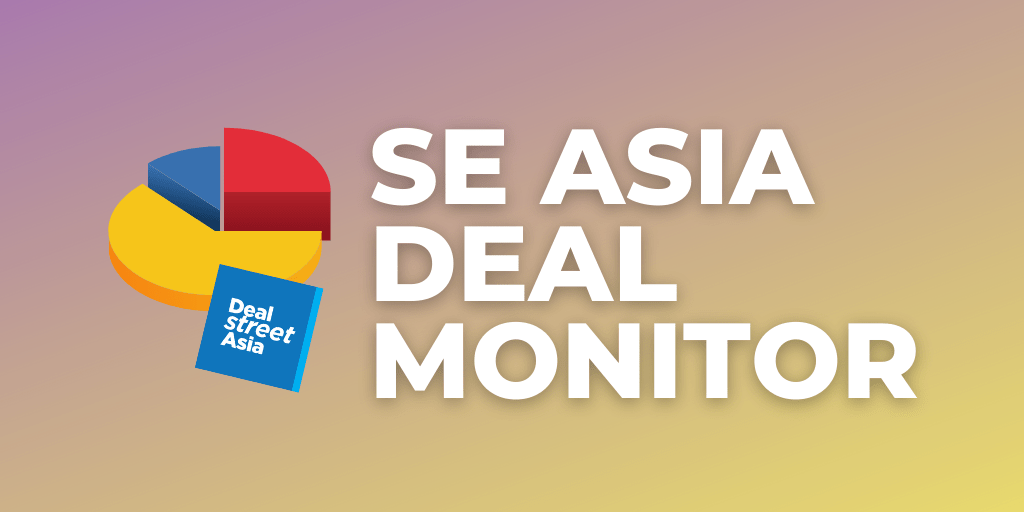MUMBAI — The owner of India’s leading digital payment provider Paytm plans to sell shares worth 166 billion rupees ($2.2 billion) in the country’s biggest-ever initial public offering.
One97 Communications, which counts China’s Alibaba, Japan’s SoftBank and Berkshire Hathway’s Warren Buffet as its marquee investors, is offering to sell 83 billion rupees new shares, according to the draft offer documents filed with the Securities and Exchange Board of India. Another 83 billion rupees worth of shares has been offered to existing investors.
The board of India’s most valued startup met on Friday and pegged its valuation at between $25 billion and $30 billion — above its estimated value of $16 billion. The share sale could exceed that of state-run Coal India’s IPO in 2010, when it raised more than 150 billion rupees.
According to the document, 43 billion rupees of the proceeds will be spent on merchant and customer acquisitions, while 20 billion rupees would be used in new business and strategic acquisitions.
Paytm’s public offer announcement follows that of tech startup Zomato, which last week revealed plans for a $1.25 billion IPO, as well as a handful of other tech startups that have expressed an intention to list on Indian bourses. Insurance aggregator Policy Bazaar and Delhivery are widely thought to be planning to hit the market soon.
One analyst in India said Paytm’s plan to go public was coming earlier than expected. “It is surprising that it’s been so aggressive,” the analyst said, adding that bullish market sentiment and the company’s push into the credit business may have played into the decision. “These are businesses where you need to have a lot of funds in the balance sheet to make it work. They have to capitalize in a much bigger way.”
In an interview with Nikkei in 2019, Paytm CEO Vijay Shekhar Sharma said it was important for the company to remain private for at least two to three more years. “Once our customer base is mature, then we will get into listing,” he said at the time.
Paytm last raised $1 billion in funds from a group of investors, led by asset manager T Rowe Price. The funding round also attracted existing investors such as Ant Financial, Discovery Capital and SoftBank Vision Fund.
As of the date of the prospectus filing, Ant Financial held an 29.6% stake in Paytm, and Founder Vijay Shekhar Sharma held 9.6% shares in the company.
In the financial year ended March, Paytm’s revenue from operations was down 7.2% to $28.02 billion rupees, while its net loss stood at 17.01 billion rupees, 42% below the previous year.
According to a note prior to the IPO filing by investment managers Bernstein, Paytm is likely to break even in the next 12-18 months. The research firm believed that the next stage of growth for Paytm would be led by financial services, especially credit tech products to consumers and merchants.
“With increased financial discipline (rare in the hyper-competitive payments space), Paytm is on track to break even in 12-18 months. We expect Paytm to continue being the largest payments and fintech ecosystem in India,” Bernstein said. “Combine that with its digital wallet, merchant acquiring and online merchant payments, Paytm has a total throughput of $52 billion in FY21, up 33% year on year.”
Since One97 began life in 2001 as a directory assistance and mobile content business for telecom operators, the company has at various stages provided services such as mobile recharging and settlement of utility payments. In 2014, the Paytm mobile wallet was launched and the following year Alibaba came on board to invest $680 million for an estimated 20% stake.
Over the last couple of years, the company has been facing a rising tide of competition from some of the world’s biggest and most aggressive technology companies, such as Facebook, Google and Amazon.
Wataru Suzuki in Tokyo contributed to this article







